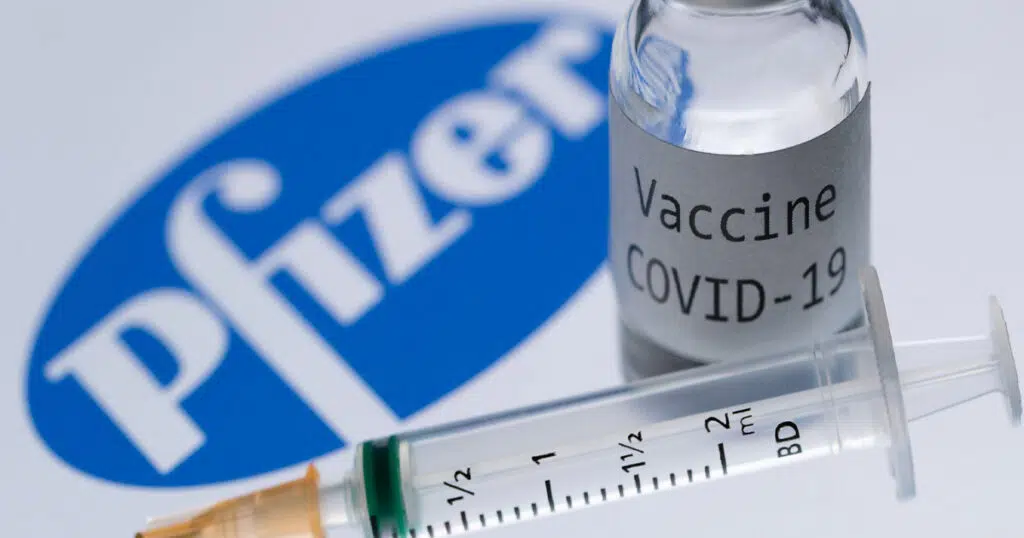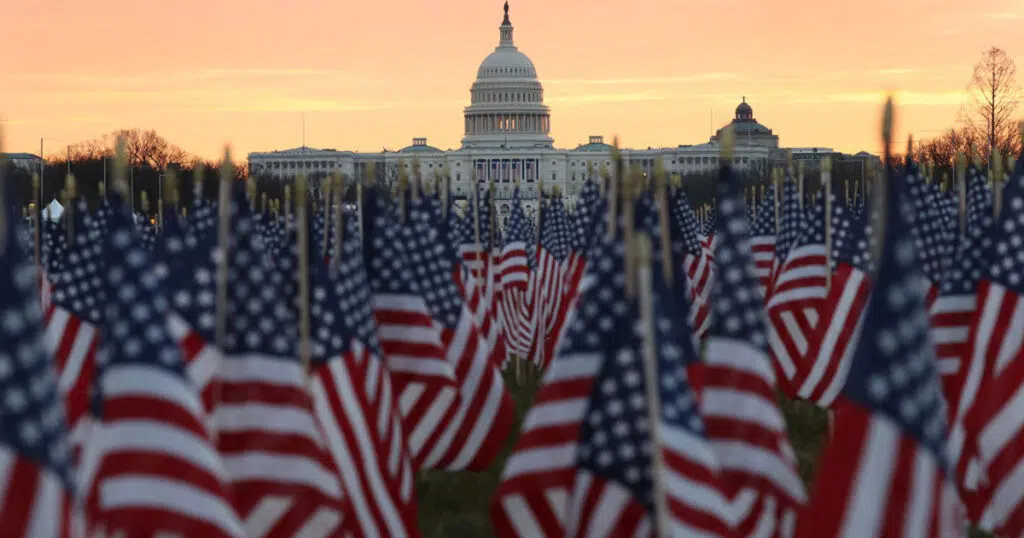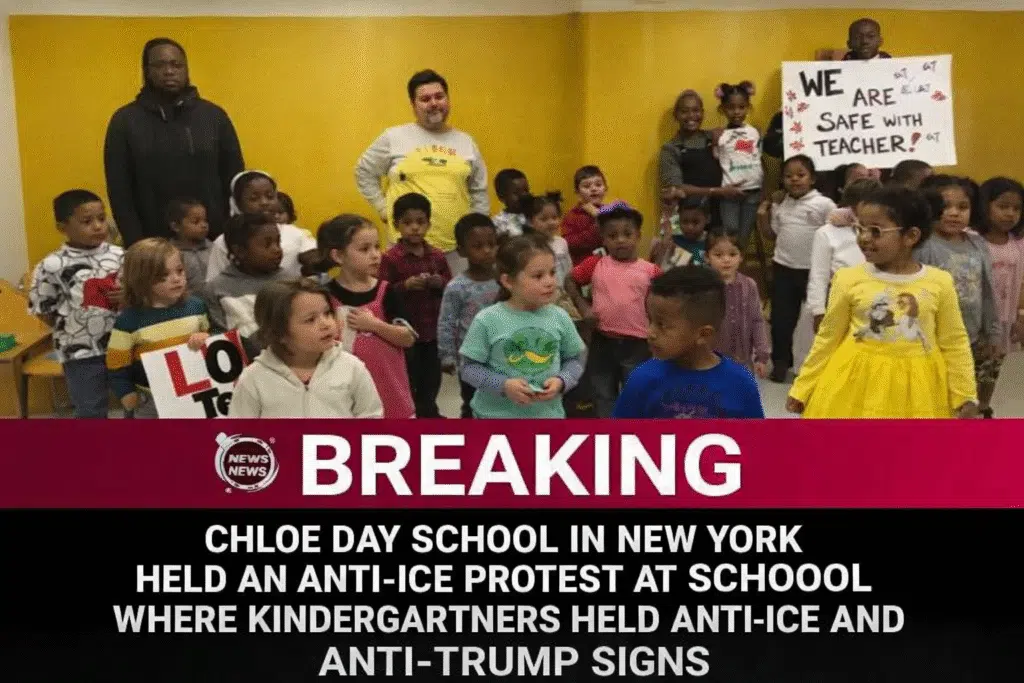
Texas AG sues Pfizer citing misrepresentation of COVID-19 vaccine efficacy
(The Center Square) – Texas Attorney General Ken Paxton sued Pfizer on Thursday alleging the pharmaceutical giant unlawfully misrepresented the effectiveness of its COVID-19 vaccine and attempted to censor public discussion about it.
The lawsuit comes six months after his office launched an investigation into three pharmaceutical giants in May. It was filed in the District Court of Lubbock County, Texas, and solely names Pfizer., Inc., as the defendant.
Paxton alleges that Pfizer engaged in false, deceptive and misleading acts and practices by making unsupported claims about its COVID-19 vaccine in violation of the Texas Deceptive Trade Practices Act.
Because of Pfizer’s claims, “placing their trust in Pfizer, hundreds of millions of Americans lined up to receive the vaccine,” Paxton’s 54-page brief states. “Contrary to Pfizer’s public statements, however, the pandemic did not end; it got worse.
“More Americans died in 2021, with Pfizer’s vaccine available, than in 2020, the first year of the pandemic. This, in spite of the fact that the vast majority of Americans received a COVID-19 vaccine, with most taking Pfizer’s.”
Paxton’s lawsuit adds: “By the end of 2021, official government reports showed that in at least some places a greater percentage of the vaccinated were dying from COVID-19 than the unvaccinated. Pfizer’s vaccine plainly was not ‘95% effective.’”
By October 2022, the U.S. Centers for Disease Control and Prevention reported that roughly 226.6 million people were fully vaccinated after receiving one Johnson & Johnson dose or two doses of Pfizer-BioNTech and Moderna vaccines, the New York Times reported. Another more than 111 million people received additional booster shots at the time.
The complaint notes that Pfizer’s efficacy claim was based on a “relative risk reduction” metric used during its initial, two-month clinical trial. Such metrics, according to the U.S. Food and Drug Administration, are misleading and “‘unduly influence[s]’ consumer choice.”
It also states that Pfizer’s clinical trial “failed to measure whether the vaccine protects against transmission;” despite this, Pfizer “embarked on a campaign to intimidate the public into getting the vaccine as a necessary measure to protect their loved ones.”
When efficacy failed, “Pfizer then pivoted to silencing truth-tellers,” Paxton argues. The brief states, “How did Pfizer respond when it became apparent that its vaccine was failing and the viability of its cash cow was threatened? By intimidating those spreading the truth, and by conspiring to censor its critics. Pfizer labeled as ‘criminals’ those who spread facts about the vaccine. It accused them of spreading ‘misinformation.’ And it coerced social media platforms to silence prominent truth-tellers.”
The lawsuit follows an investigation Paxton launched into Pfizer, Moderna and Johnson & Johnson in May to determine if the companies engaged in gain-of-function research and misled the public about their practices. The investigation sought to determine if the companies misrepresented the efficacy of their COVID-19 vaccines and violated the Texas Deceptive Trade Practices Act. Investigators also looked into potential manipulation of vaccine trial data and the “relative risk reduction” method that was used instead of “absolute risk reduction” method.
Paxton’s lawsuit stems from information it received after sending Civil Investigative Demands to the pharmaceutical giants.
The COVID-lockdown era “was a deeply challenging time for Americans,” Paxton said when launching the investigation. “If any company illegally took advantage of consumers during this period or compromised people’s safety to increase their profits, they will be held responsible. If public health policy was developed on the basis of flawed or misleading research, the public must know. The catastrophic effects of the pandemic and subsequent interventions forced on our country and citizens deserve intense scrutiny, and we are pursuing any hint of wrongdoing to the fullest.”
The federal government under former President Donald Trump entered into a $1.9 billion agreement with Pfizer, which was approved by the U.S. Food and Drug Administration on Dec. 11, 2020. Trump pushed the Pfizer-BioNTech COVID-19 vaccine through what he called “Operation Warp Speed,” making it available through Emergency Use Authorization as an experimental drug. Operation Warp Speed spent $12.4 billion on the vaccines, TIME reported.
As Pfizer declared its vaccine was “95% effective,” on Dec. 17, 2020, Trump tweeted, “The Vaccine and the Vaccine rollout are getting the best of reviews. Moving along really well. Get those ‘shots’ everyone!”
After he lost his reelection, at an RNC event at Mar-a-Lago in April 2021, Trump said everyone should refer to the COVID-19 vaccines as the “Trumpcine.”
In a January 2022 interview, he said the “vaccines saved tens of millions throughout the world.” His former White House domestic policy advisor Joe Grogan also said Trump “handed [President Joe] Biden three vaccines,” TIME reported. “Biden is just really making our COVID response look a lot better than the media gave us credit for.”
Trump continues to take credit for the vaccines, arguing they are effective and saved lives.



